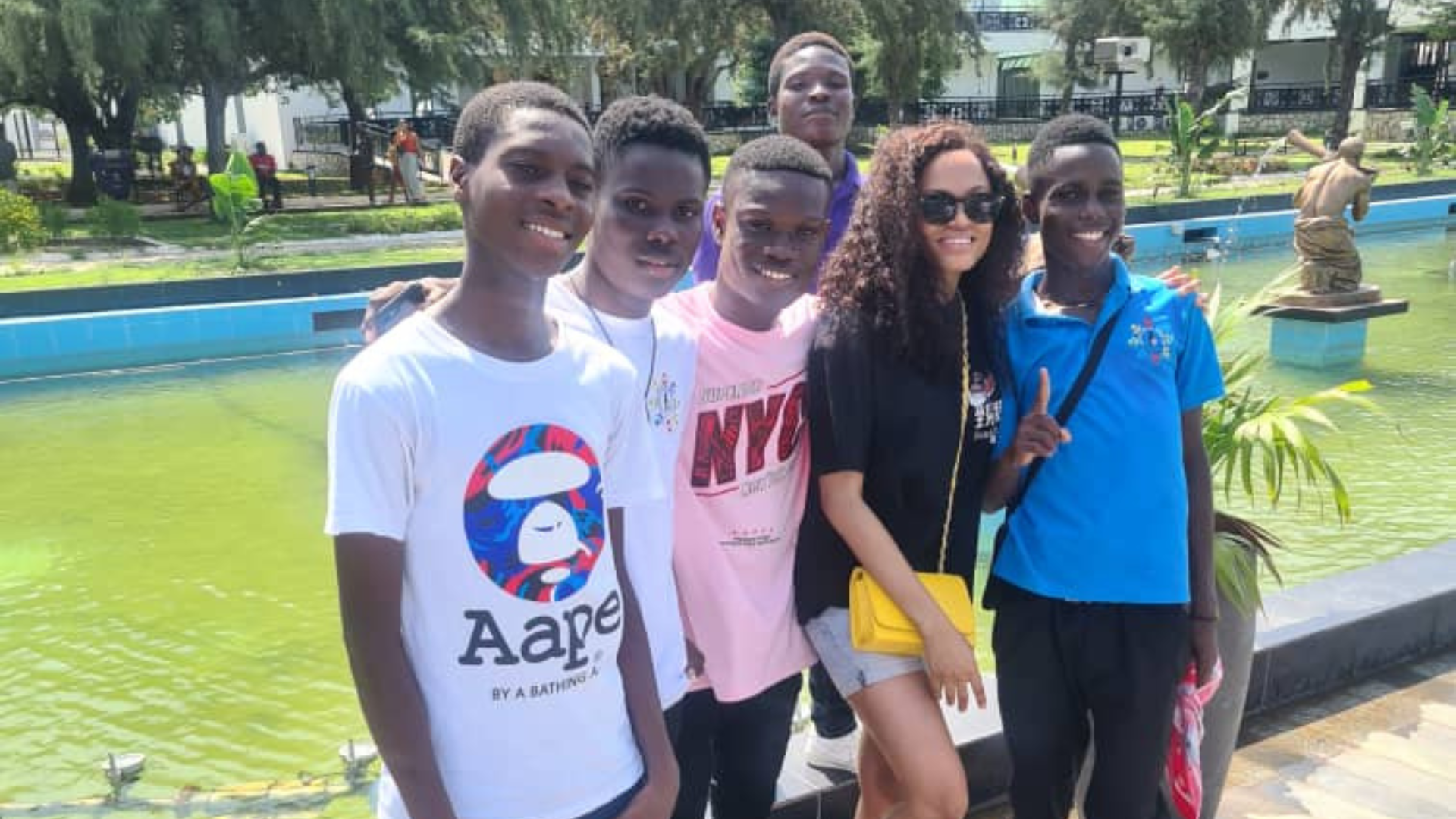Bridging Traditions: Insights on Foundational Learning from Accra to Lagos
Greetings, fellow educators, parents, and lifelong learners. I’ve recently returned from a captivating visit to Accra, Ghana, and the experience was an eye-opener on the state of foundational learning in both Ghana and our own Nigeria. Join me, Ihiese, as I reflect on this educational expedition and the lessons we can glean from our neighboring country.
Shared Legacies, Diverse Paths
Common Colonial Foundations: Our educational systems in both Nigeria and Ghana bear the imprints of our colonial histories. This influence is seen in the structured curriculum centered around core subjects such as mathematics, English, and science. The objective is clear: to furnish our children with the essential skills of literacy and numeracy that are the building blocks of education.
Analyzing the Systems
Ghana’s Extended Mandate: A striking difference that I observed is the duration of mandatory education. Ghana commits to a full twelve years of basic education, starting from the tender age of four up to fifteen years old. This contrasts with our nine-year structure in Nigeria, encompassing primary and junior secondary education.
Shared Hurdles
Confronting Common Challenges: Despite these differences, our challenges are mirror images. Teacher shortages, infrastructural deficits, and an ongoing battle to keep curricula up-to-date and relevant are issues that neither of us can claim victory over just yet.
Standardization vs. Innovation: Both our nations grapple with the delicate act of balancing the demands of standardized testing against the need to nurture critical thinking and creativity in our students. Are we educating to test, or are we teaching to transform?
Lessons Without Borders
Learning from Each Other: My trip, while personal, was imbued with professional revelations. Observing Ghana’s approach to education highlighted the value in exchanging knowledge and strategies. We are companions in this journey, not competitors.
The Balancing Act
Striving for the Ideal: The quest is not for a one-size-fits-all solution but for a harmonized system that provides each child with a robust and holistic foundation. It’s about distilling the best from both worlds to fortify our educational ethos.
Closing Thoughts
As we continue to navigate the evolving landscape of education, let’s take a moment to appreciate the richness of our diverse approaches. By sharing our experiences and learning from one another, we can build a more resilient and dynamic foundation for the next generation.
Until our paths cross again in the realm of discovery and knowledge, I encourage you to stay curious, be open to new ideas, and never cease in the pursuit of learning.
– Ihiese

